Classical CDs Weekly: Falla, Rameau, Nikolaus Harnoncourt

Baroque delights from France, sun-baked Spanish music and a joyous celebration of the Viennese waltz
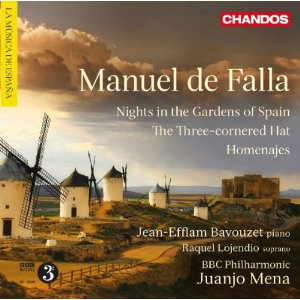


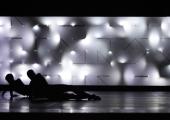
This is a great spring for dance-lovers. Tucked in for two nights at Sadler's Wells (catch it again tonight) is the return of Wayne McGregor's FAR, well timed to appear just before his latest ballet at Covent Garden next week. Uniquely among choreographers today, McGregor has two lives; two selves; two creative identities. The better known is that cool cult-leader at the Royal Ballet, with his slink-and-fidget on pointe that looks so trendy on classically trained ballerinas.

Fancy buying a new recording of Bach’s Cantatas? It’ll cost only slightly more than a regular CD. The only snag is it hasn’t been recorded yet, which is where you come in.
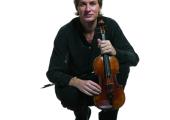
A music broadcaster commented after last night’s concert by the Australian Chamber Orchestra that all the hype, all the talk about the surf-obsessed, free-spirited leader Richard Tognetti, had left her half expecting them to surf onto the stage of the Queen Elizabeth Hall. As they walked on however (decorously, and rather more smartly dressed than most English groups) we were reminded that there’s nothing gimmicky about this ensemble.

We all know the question at issue last night at the Young Vic where Hamlet was opening, but down the road in the Queen Elizabeth Hall it was one of applause. Clapping between movements is a well-worn topic; we’ve had editorial, essays, even an RPS lecture devoted to the subject with no resolution in sight. Every year the Proms reminds us of the natural release a good clap can provide after a monumental first movement, and every year we return to our hands-clenched ways afterwards.

“They should have trance nights here,” I heard a young man say to his girlfriend as we entered the domed, craggy splendour of Islington’s Union Chapel. Still a working church, this Victorian Gothic monster is an architectural Escher fantasy of arches and angles, its octagonal layout concealing as much as it reveals on first glance. Add a central stage where you might expect the altar, glowing red under the lights, to a programme of some of Monteverdi’s most erotic madrigals, and it didn’t take a degree in semiotics to realise what was going on.

If one comes away with any certainty from the New York exhibition Frans Hals at the Metropolitan Museum (until 10 October) it is that the Golden Age Dutch master (1582/3-1666) keenly understood and sympathised with his fellow human beings. Whether Hals (beloved of Courbet, Manet, Monet, Van Gogh, Whistler and Sargent) was painting drunks and prostitutes in tavern scenes, humble fisher folk, or burghers and intellectuals and their wives, he unerringly captured the essence of his sitters. There is little sentimentalisation or disparagement in his work.
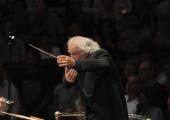
Leonard Tanner, my old choirmaster, used to say that Brahms was a composer with his feet in three different camps: the Baroque period, the Classical period, and the Romantic. Possibly he had a fourth leg too, poking into the music of the future. Composers adept at these multiple postures filled Thursday’s sometimes lustrous orchestral Prom given by the BBC Scottish Symphony Orchestra and their chief conductor Donald Runnicles. Brahms was represented of course (the Second Symphony); also the great nostalgist Richard Strauss, watering his old age and the wasteland of defeated Germany with his Four Last Songs.
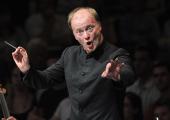
According to Classic FM’s managing director Darren Henley there are many people who find the term “chamber music” offputting, if not downright intimidating. Perhaps the best explanation of the genre comes from a musicologist who has termed it “the music of friends”. It’s a lovely description and one that, for the very best ensembles, can extend beyond the confines of quartets or duos to even the largest of symphony orchestras.
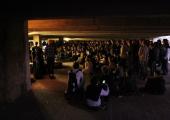
Forget almost everything you thought you knew about classical music. Forget the regulations and the rigmarole, the politeness and the prissiness. Forget the preening institutions. Forget the vocal doom-sayers. Classical music is in the throes of an extremely welcome revolution. The entrepreneurial spirit that seized and transformed British art in the 1980s is finally animating and unshackling this most stubborn of art forms. Operas are springing up in warehouses, concerts in bars.